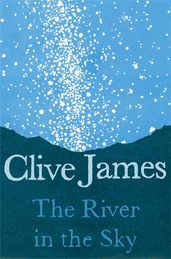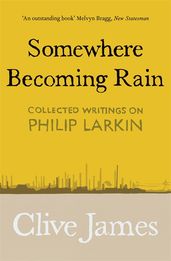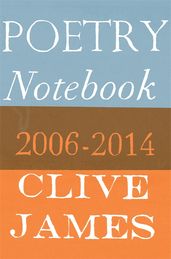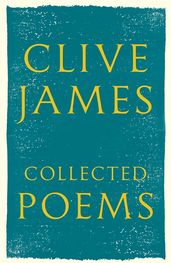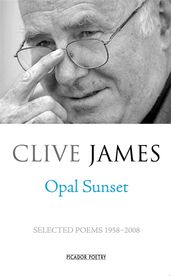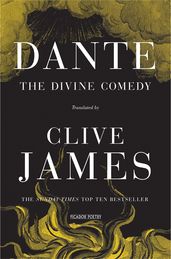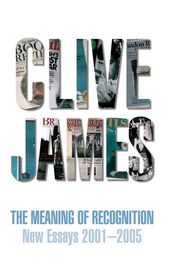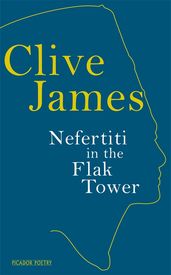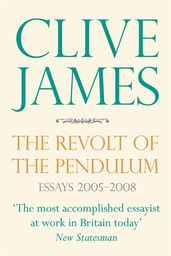Synopsis
Erudite and entertaining in equal measure, Somewhere Becoming Rain is a love letter from the much-loved writer Clive James to one of the world’s most cherished poets: Philip Larkin.
'This is the finest critic of his generation on the best poet of his lifetime' – The Times
Clive James was a life-long admirer of the work of Philip Larkin. Somewhere Becoming Rain gathers all of James's writing on this towering literary figure of the twentieth century, together with extra material now published for the first time.
The greatness of Larkin's poetry continues to be obscured by the opprobrium attaching to his personal life and his private opinions. James writes about Larkin's poems, his novels, his jazz and literary criticism; he also considers the two major biographies, Larkin's letters and even his portrayal on stage in order to chart the extreme and, he argues, largely misguided equivocations about Larkin's reputation in the years since his death.
Through this joyous and perceptive book, Larkin's genius is delineated and celebrated. James argues that Larkin's poems, adored by discriminating readers for over half a century, could only have been the product of his reticent, diffident, flawed, and all-too-human personality.
'A collection to savour two-fold – for the genius of Larkin and the playful erudition of James' – Financial Times
Details
Reviews
Few contemporary critics display the passionate commitment to the idea of poetry, and to the idea of poetry's centrality to civilized life, that James does
To read a major critic on a major poet is one of the great pleasures. Clive James’s passion for the work of Philip Larkin, his intense scrutiny which reveals an extraordinary empathy makes Somewhere Becoming Rain: Collected Writings on Philip Larkin an outstanding book.
One of the most important and influential writers of our time
In Somewhere Becoming Rain, Clive James’s collected essays on the poetry of Philip Larkin, the brilliance of James’s analysis, his clear-sighted view of Larkin’s solitude and humanity, and the fragile friendship between the two recorded in the book’s final pages, provide a monument to human connection and isolation together. It’s a perfect example of the “almost instinct” Larkin managed to prove “almost true” (hedging his bets to the end) – that what will survive of us is love.


